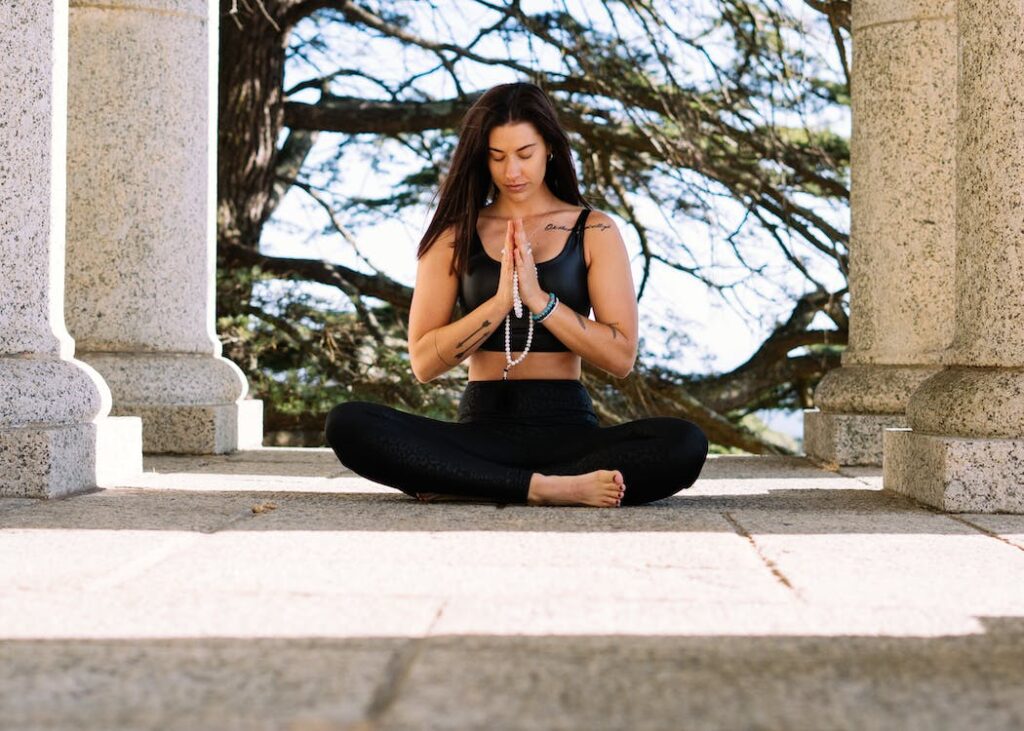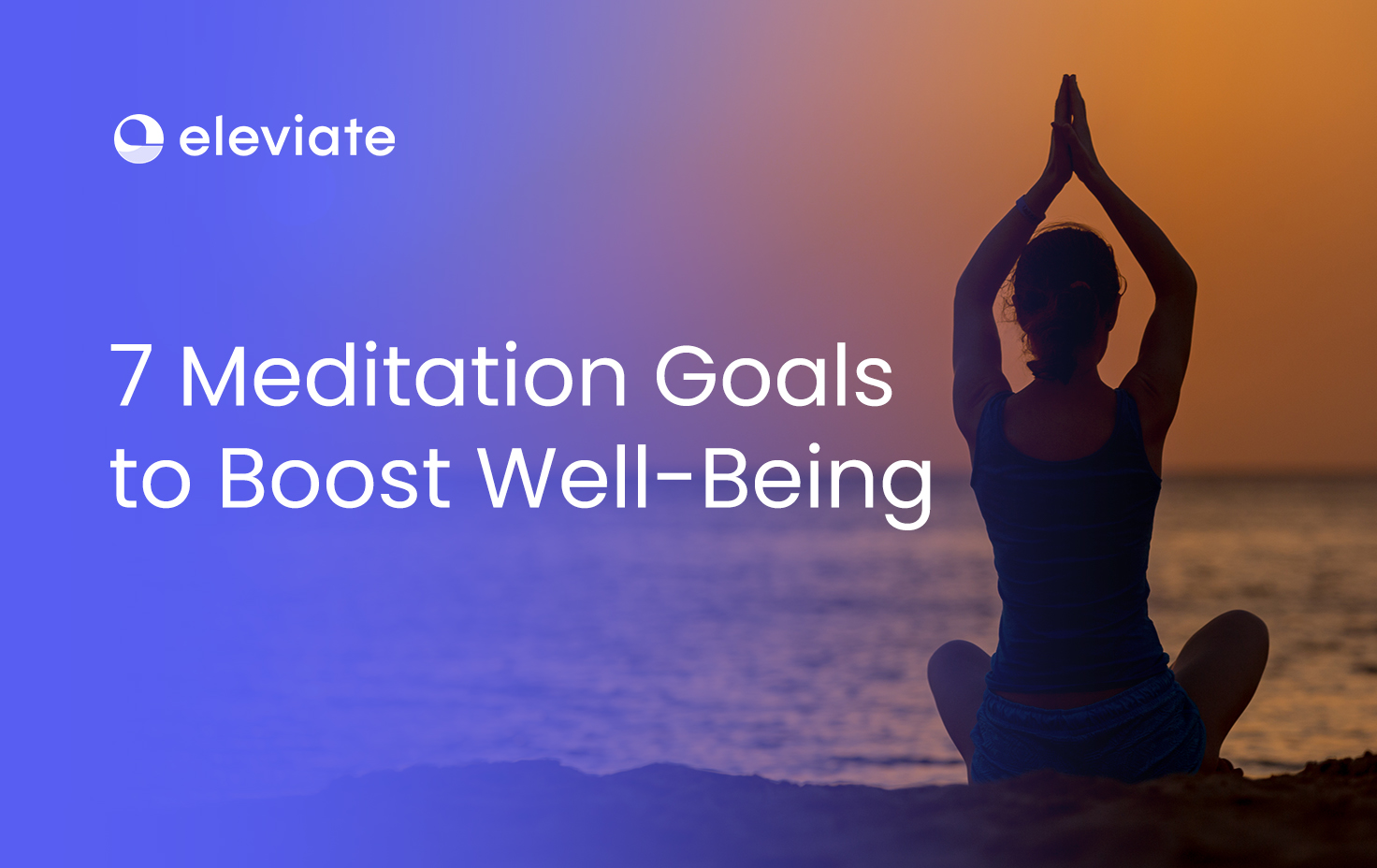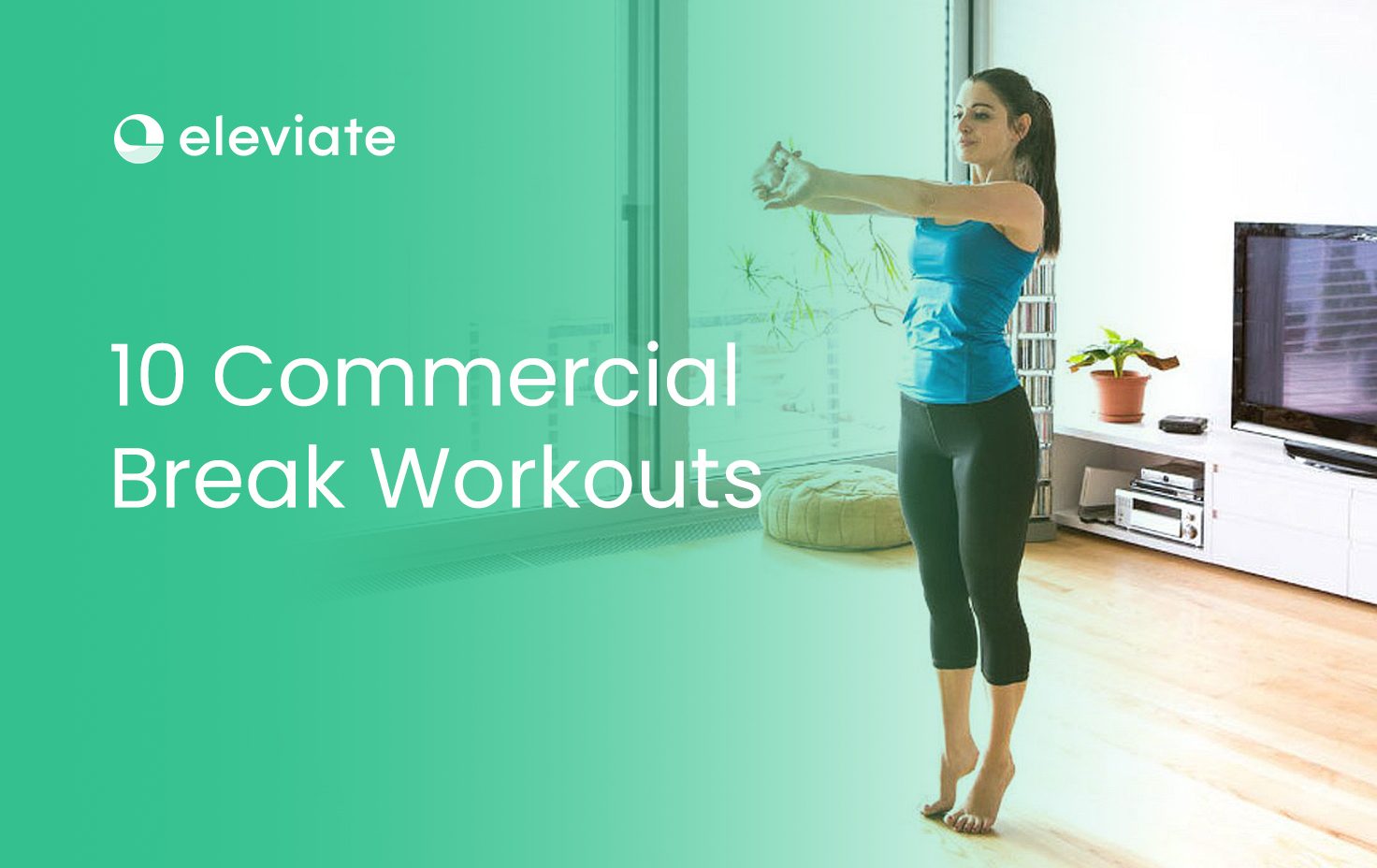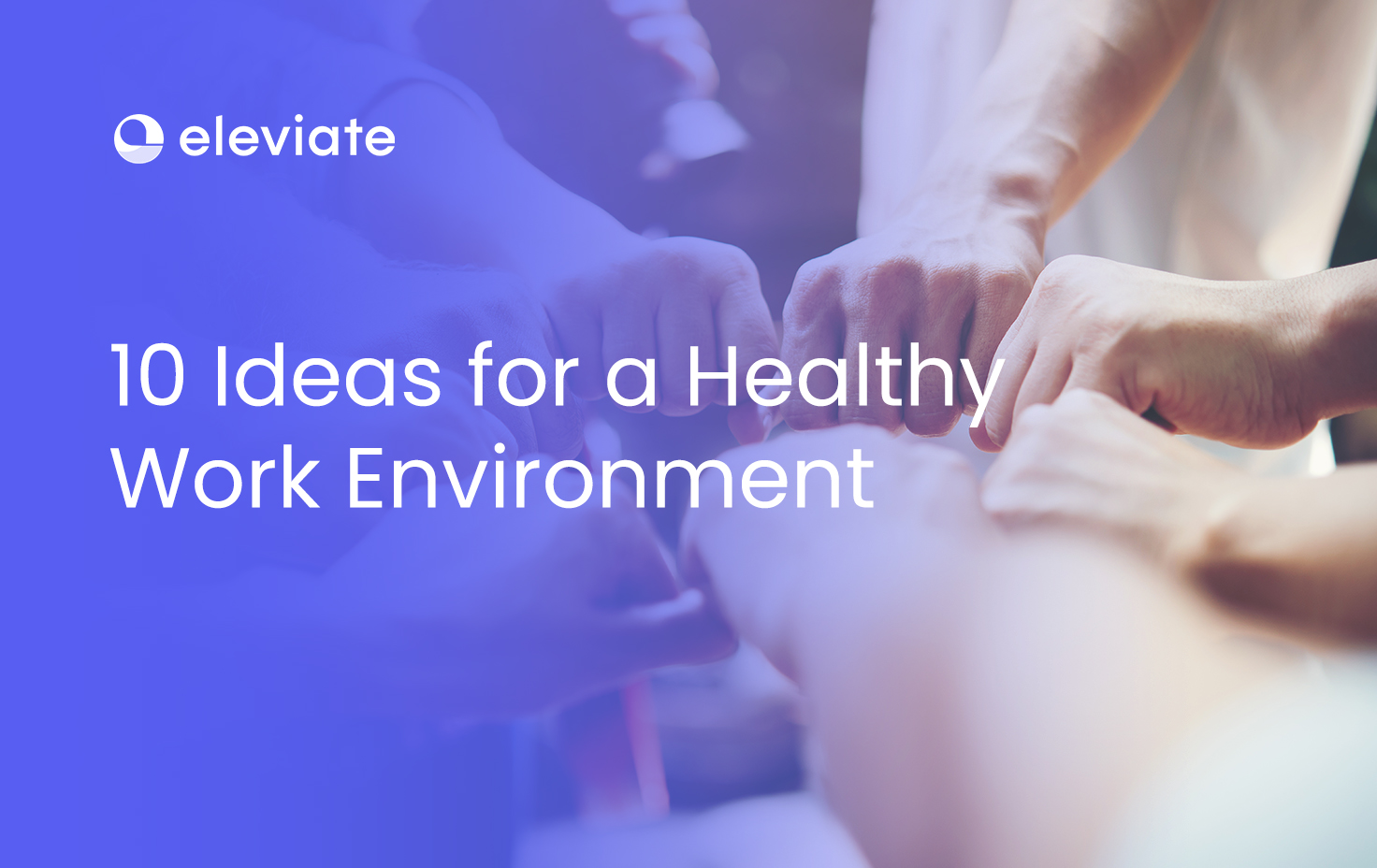Humans have been meditating for centuries, but it's only in recent years that the Western world has begun to catch on. If you're new to meditation, you might wonder what all the fuss is about. Meditation comes in handy for many different purposes, from improving your mental and physical health to gaining a deeper understanding of yourself. Read on to understand the different goals of meditation and find out how to get the most out of your practice.
What Is Meditation?
Meditation is an ancient practice that involves focus, concentration, and mindfulness. When you meditate, you train your mind to become more aware of the present moment and less caught up in thoughts about the past or future. This can help you manage stress and anxiety and improve your mental and physical health. Anyone can learn to meditate, regardless of age, religion, or cultural background. However, the practice primarily comes in handy for individuals looking to improve their overall health, that is, physical and mental well-being.

Who Invented Meditation?
Meditation is an ancient practice that originated in India over 5,000 years ago. It was first mentioned in the Hindu scriptures, known as the Vedas. Since then, it has been practiced by people of all religions and cultures around the world and is part of the Christian tradition now. In recent years, meditation has become increasingly popular in the Western world as more people are beginning to understand its numerous benefits.
Why Do People Meditate?
The goal of meditation differs from one person to another. Some people use meditation to gain a deeper sense and relax, while others use it to improve their mental and physical health. It can also help you better understand yourself and your place in the world.
7 Goals of Meditation
So, what is the goal of meditation? Now that you have a brief understanding of meditation and why people practice it, let’s dig deep into various meditation goals and why you should consider incorporating the practice into your daily routine.
Reduce Stress and Anxiety
Boost Self-Awareness
Improve Your Mental and Physical Health
Find Inner Peace
Maintain Body Balance
Enhance Creativity
Improve Overall Health
Reduce Stress and Anxiety
Numerous aspects may trigger stress and anxiety in your life. Some people are under intense work pressure, which disrupts their sleeping patterns and eating habits. Others constantly worry about their finances and health. Someone might also be dealing with a challenging life event, such as the death of a loved one.
Stress imposes a significant toll on your mental and physical health. Long-term stress can lead to severe health conditions like heart disease, obesity, and depression. Also, stress affects sleep routine, which harms productivity because it makes you feel tired and dizzy.
Meditation can help relieve stress and anxiety by helping you focus on the present moment and become less reactive to thoughts and emotions. When you meditate regularly, you will see your stressful thoughts and feelings for what they are: just thoughts and emotions that come and go. In return, you may start experiencing inner peace, even amid the chaos, which will help you sleep better.
The trick to reducing stress and anxiety with meditation is to be consistent with your practice. Try a 10-20 minute meditation session each day or as often as possible. You might also want to try a guided meditation, which can be especially helpful if you're new to the practice.
Boost Self-Awareness
One common meditation goal is to help you understand yourself better. Meditation can be a great place to start if you're looking to gain a deeper understanding of yourself. Meditating teaches you to become more aware of your thoughts and emotions. As a result, you also understand how your thoughts and feelings affect your overall well-being.
If you practice meditation regularly, you will develop a greater sense of self-awareness and learn how to control your thoughts and emotions. This can be incredibly helpful if you struggle with negative emotions or cognitions. Meditation can also help you become more aware of the people around you and realize whether communication with them is productive.
To boost self-awareness through meditation, try to be as consistent as possible with your practice. Of course, a daily meditation habit is ideal, but even meditating a few times a week can help you develop a deeper understanding of yourself.
Improve Your Mental and Physical Health
Meditation has shown to offer numerous mental and physical health benefits. For example, research suggests that meditation can help to improve your sleep quality, reduce symptoms of depression and anxiety, lower blood pressure, and boost your immune system.
In addition, meditation can also help to increase your focus and concentration, as well as improve your memory and cognitive function. So if you want to improve your overall health, incorporating meditation into your daily routine is a great idea.
Furthermore, the goal of some meditation practices is to help alleviate chronic pain. Meditation practice can help to reduce the pain intensity and improve pain tolerance.
The key to improving your mental and physical health with meditation is consistency. Also, be mindful of how you meditate in terms of your posture and breathing. Finally, ensure you are comfortable and relaxed to get the most out of your session.

Find Inner Peace
Everyone craves inner peace. Unfortunately, the hustle and bustle of daily life can often get in the way. When you meditate, you focus on the present moment and let go of all your worries and concerns. This can help you feel more peaceful and content with life. In return, you may find it easier to cope with stressful situations.
Furthermore, meditation can help you connect with your spiritual side. This step can be beneficial if you struggle to find meaning in life.
The key to finding inner peace through meditation is to be patient and consistent with your practice. Don't expect results overnight—it takes time and effort to have a calm mind. Instead, just keep meditating, and eventually, you will start benefitting from it.
Maintain Body Balance
Most people don't notice this, but our bodies are constantly out of balance. This is because we live in a fast-paced world continuously bombarded with stressors.
When our bodies are under stress, it can lead to physical imbalances such as poor posture, tight muscles, and chronic pain. Meditation can help correct these imbalances by teaching you how to relax.
In addition, meditation can also help to improve your flexibility and range of motion. The reason is that when you meditate, you focus on your breath and become more aware of your body. As a result, you learn how to release tension in your muscles and joints.
Another great meditation technique to maintain balance is walking meditation. This practice implies focusing attention on your breath and footsteps as you are strolling. As you do the walking, make sure your shoulders are down and relaxed, and your chin is parallel to the ground.
Enhance Creativity
Many people think that meditation is about relaxing and clearing your subconscious mind. However, this isn't always the case. Some types of meditation can help to enhance your active thinking, thus, creativity.
For example, mindfulness meditation is a great way to become more aware of your thoughts and emotions. As you become more in tune with yourself, it can help to spark new ideas and perspectives.
In addition, research suggests that meditation can improve cognitive flexibility. This means that you'll be better able to see things from different angles and develop original solutions to problems.
The key to enhancing your creativity with meditation is to practice regularly. Make sure to set aside some time each day to focus on your thoughts and feelings. Don't worry if you don't see results right away—it can take some time for the benefits of meditation to kick in.
Improve Overall Health
Last but not least, meditation can also help to improve your overall health. For example, when you meditate, it helps to lower your blood pressure and heart rate. In addition, it can also enhance your immune system and reduce stress levels.
Furthermore, meditation has also been shown to help improve conditions such as anxiety, depression, and insomnia. So consider it if you're looking for a natural way to boost your health.
Meditation works great for chronic pain control as well.
Meditation uses different brain pathways to deal with pain than those used by other pain treatments. It can alter the structure of your brain over time to help you cope with pain better. For instance, a study from 2012 found that mindfulness practitioners could decrease their pain by 22%.
Suppose you're suffering from back pain. In that case, you can practice mindfulness meditation to help yourself become more aware of your sensations. As a result, you'll be better able to control your pain instead of letting it control you.
In the same way, you can leverage guided meditation to ease symptoms of anxiety and depression. Guided meditation involves listening to a recorded voice that offers instructions and encouragement. This can help to relax your mind and body, thus reducing your stress levels.
The key to improving your health with meditation is consistency with your practice. Meditation is a marathon, not a sprint—it takes time and regular effort to see results.
The best way to improve your health with meditation is to make it a part of your daily routine. Try to meditate for at least 10 minutes each day. You can do this first thing in the morning or right before you go to bed.

Still Not Meditating?
Even though meditation offers a host of benefits, many people still don't meditate regularly. Check out these three personas and why they avoid meditation.
Persona 1: They Don't Have Time
One of the most common excuses for not meditating is that people don't have time. However, this is just a matter of priority. If you prioritize meditation, you will find the time to do it.
Think about it this way: if you can find time to watch TV or scroll through social media, you can find time to meditate. It doesn't have to be a long session—even 10 minutes of meditation per day can make a difference.
Persona 2: They Don't Know How to Do It
Another excuse for not meditating is that people don't know how to do it. While it's true that there are many different types of meditation, the basics are pretty simple.
All you need to do is find a comfortable place to sit or lie down. Then, focus on your breath and try to clear your mind. Then, if you start thinking about other things, gently bring your attention back to your breath.
Over time, you can experiment with different types of meditation and find the ones that work best for you. But in the meantime, there's nothing wrong with keeping it simple.
Persona 3: They Think It's Boring
Finally, some people avoid meditation because they think it's too boring. However, this doesn't have to be the case. There are many ways to meditate, so you can always find one that suits your interests.
For example, if you're a music lover, you might want to try listening to guided meditations. Or, if you're a visual person, you could try doing a walking meditation.
The important thing is to find a form of meditation that you enjoy. That way, you'll likely stick with it in the long run.

Practicing Meditation With Eleviate
If you're looking for an easy and effective way to meditate, you should check out Eleviate. This mobile app offers a wide variety of guided meditations that can help you achieve your goals faster.
There are meditations for sleep, stress and anxiety relief, and more. Plus, there are even meditations specifically for beginners. So no matter where you're starting from, you'll be able to find a meditation that's right for you.
In addition to the guided meditations, Eleviate also offers a variety of other materials by meditation experts that can help you on your journey. For example, there are articles on different types of meditation and tips on how to get the most out of your practice.
There's also a community forum where you can ask questions and get support from other meditators. So if you're looking for a place to start your meditation journey, then be sure to check out Eleviate.io.





